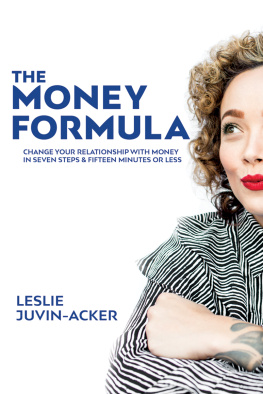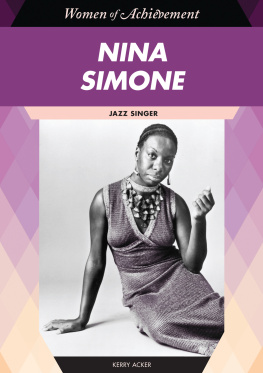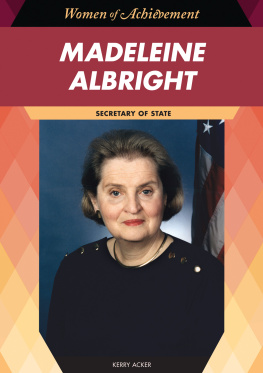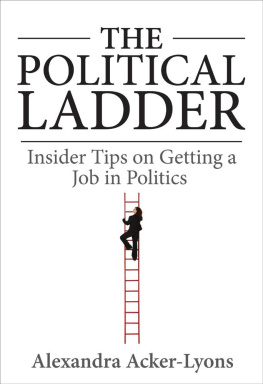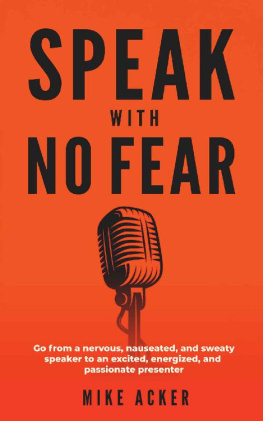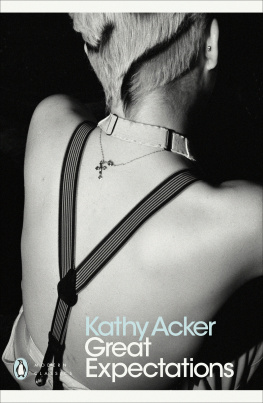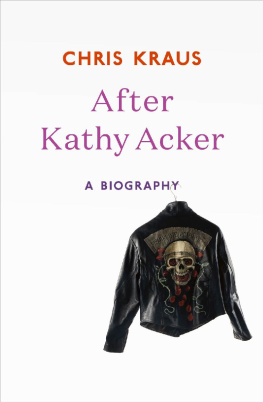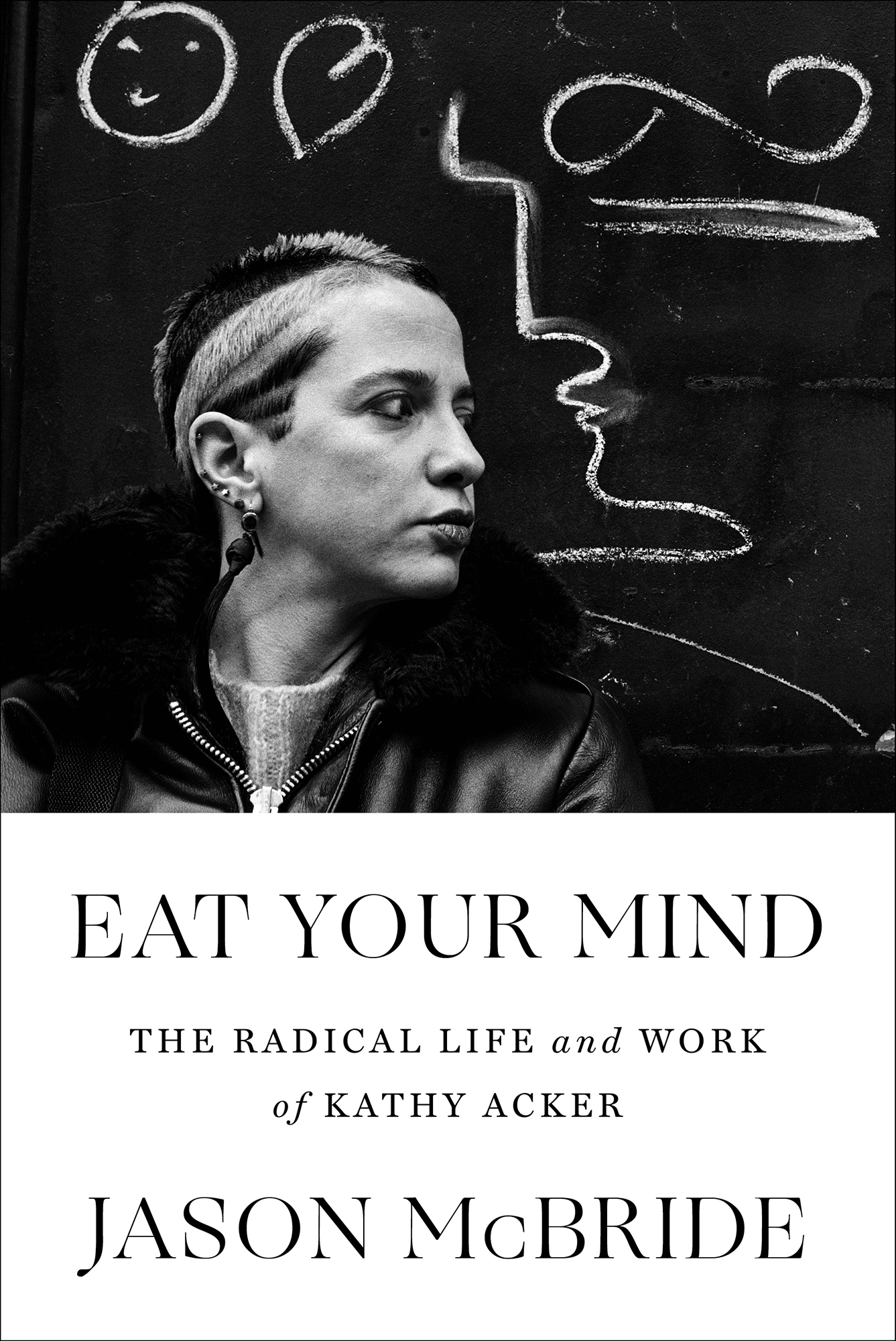Jason McBride - Eat Your Mind: The Radical Life and Work of Kathy Acker
Here you can read online Jason McBride - Eat Your Mind: The Radical Life and Work of Kathy Acker full text of the book (entire story) in english for free. Download pdf and epub, get meaning, cover and reviews about this ebook. year: 2022, publisher: Simon & Schuster, genre: Non-fiction. Description of the work, (preface) as well as reviews are available. Best literature library LitArk.com created for fans of good reading and offers a wide selection of genres:
Romance novel
Science fiction
Adventure
Detective
Science
History
Home and family
Prose
Art
Politics
Computer
Non-fiction
Religion
Business
Children
Humor
Choose a favorite category and find really read worthwhile books. Enjoy immersion in the world of imagination, feel the emotions of the characters or learn something new for yourself, make an fascinating discovery.

- Book:Eat Your Mind: The Radical Life and Work of Kathy Acker
- Author:
- Publisher:Simon & Schuster
- Genre:
- Year:2022
- Rating:3 / 5
- Favourites:Add to favourites
- Your mark:
Eat Your Mind: The Radical Life and Work of Kathy Acker: summary, description and annotation
We offer to read an annotation, description, summary or preface (depends on what the author of the book "Eat Your Mind: The Radical Life and Work of Kathy Acker" wrote himself). If you haven't found the necessary information about the book — write in the comments, we will try to find it.
Its shocking to learn that this is McBrides first book...Eat Your Minddoes everything a good biography should and moreLos Angeles Times
The first full-scale authorized biographyof the pioneering experimental novelist Kathy Acker, one of the most original and controversial figures in 20th-century American literature
Twenty-five years after her death, Acker is having a resurgence. The New York Times
Kathy Acker (19471997) was a rare and almost inconceivable thing: a celebrity experimental writer. Twenty-five years after her death, she remains one of the most original, shocking, and controversial artists of her era. The author of visionary, transgressive novels like Blood and Guts in High School; Empire of the Senseless; and Pussy, King of Pirates, Acker wrote obsessively about the treachery of love, the limitations of language, and the possibility of revolution.
She was notorious for her methodscollaging together texts stolen from other writers with her own diaries, sexual fantasies, and blunt political critiquesas well as her appearance. With her punkish hairstyles, tattoos, and couture outfits she looked like no other writer before or after. Her work was exceptionally prescient, taking up complicated conversations about gender, sex, capitalism, and colonialism that continue today.
Ackers life was as unruly and radical as her writing. Raised in a privileged but oppressive Upper East Side Jewish family, she turned her back on that world as soon as she could, seeking a life of romantic and intellectual adventure that led her to, and through, many of the most thrilling avant-garde and countercultural moments in America: the births of conceptual art and experimental music; the poetry wars of the 60s and 70s; the mainstreaming of hardcore porn; No Wave cinema and New Narrative writing; Riot grrls, biker chicks, cyberpunks. As this definitive biography shows, Acker was not just a singular writer, she was also a titanic cultural force who tied together disparate movements in literature, art, music, theatre, and film.
A feat of literary biography, Eat Your Mind is the first full-scale, authorized life of Acker. Drawing on exclusive interviews with hundreds of Ackers intimates as well as her private journals, correspondence, and early drafts of her work, acclaimed journalist and critic Jason McBride offers a thrilling account and a long overdue reassessment of a misunderstood genius and revolutionary artist.
Jason McBride: author's other books
Who wrote Eat Your Mind: The Radical Life and Work of Kathy Acker? Find out the surname, the name of the author of the book and a list of all author's works by series.

